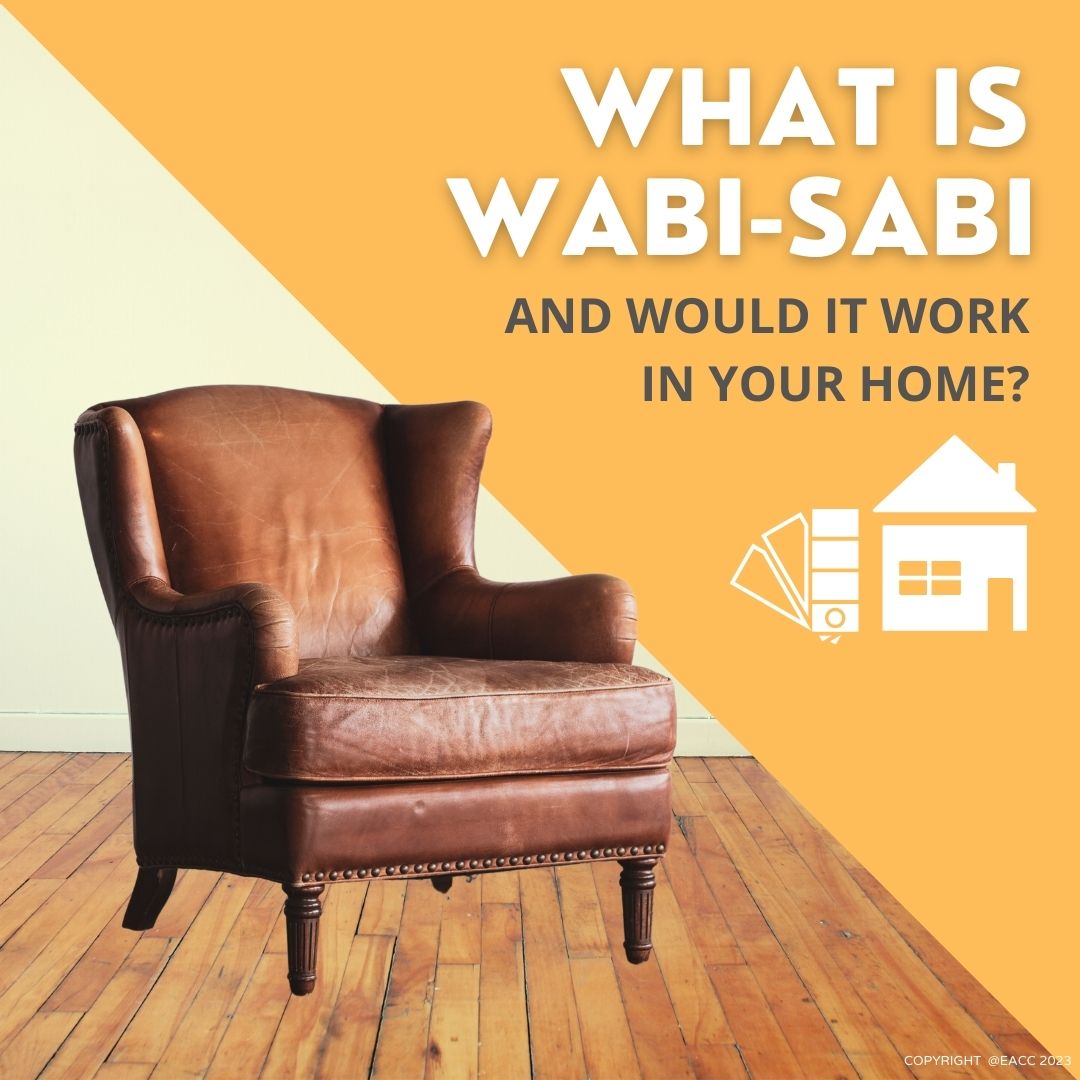🏡 🏡 🏡 🏡 🏡🏡🏡🏡🏡🏡🏡
Forget Scandi style or minimalist chic, the interiors trend of the moment is wabi-sabi – an approach to design that’s gentler on the environment and the bank balance.
So, what is this concept with the weird rhyming name all about, and could it work for you? 🤔
Wabi-sabi has been popular in Japan for hundreds of years, where it’s considered more than a design aesthetic but a whole philosophy.
Rooted in 🕉️ Zen Buddhism 🕉️ , it celebrates the beauty of nature and all its imperfections. It’s about paring things back and embracing interesting, quirky items, especially ones that have stood the test of time.
So, instead of rushing out to buy lots of shiny, new, mass-produced belongings, wabi-sabi devotees take the slow lane and create a calming environment with a few well-made items.
There are two big advantages to this approach. Firstly, you don’t have to spend lots of money, and secondly, it’s better for the environment than investing in mountains of flat-pack furniture.
Here’s how you can incorporate wabi-sabi into your home.
🏡 Colours – Avoid screaming bright colours and use a neutral palette of white, cream, grey and taupe.
🏡 Textures – Opt for natural materials such as wood, jute, leather and linen.
Shapes – In terms of accessories like lights and vases, go for organic curvy shapes rather than rigid or straight edges.
🏡 House Declutter – Rooms full of ‘stuff’ feel chaotic not zen, so have a bit of a clear-out. Hold on to quality items that are special or unique. An old wooden dining table that has been in the family for generations or a weathered leather chair perfectly sums up the wabi-sabi
concept.






Share this with
Email
Facebook
Messenger
Twitter
Pinterest
LinkedIn
Copy this link